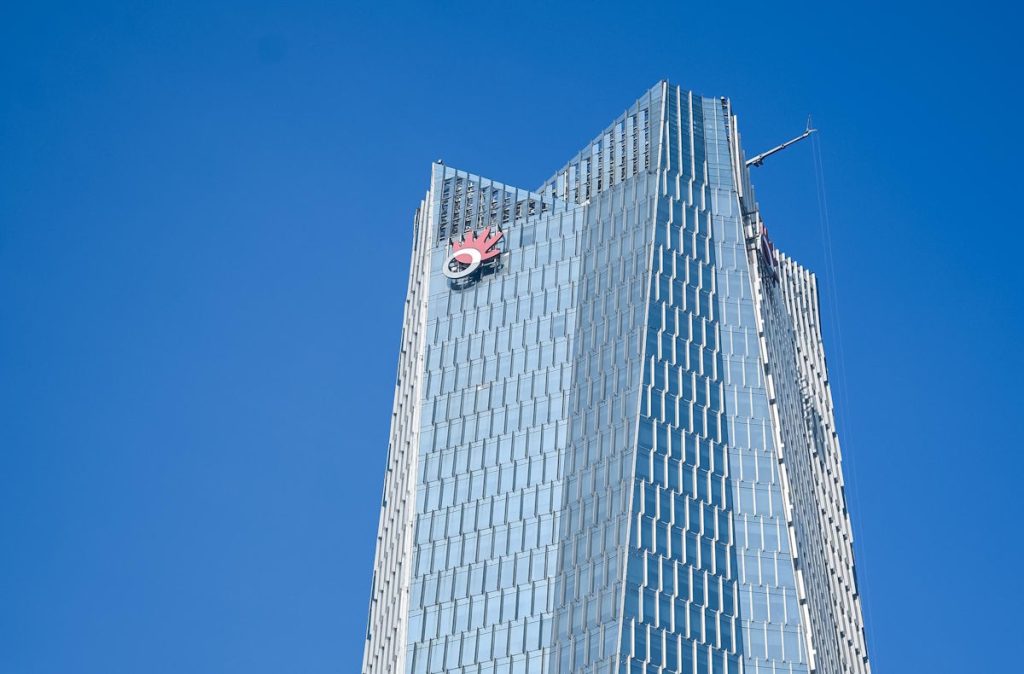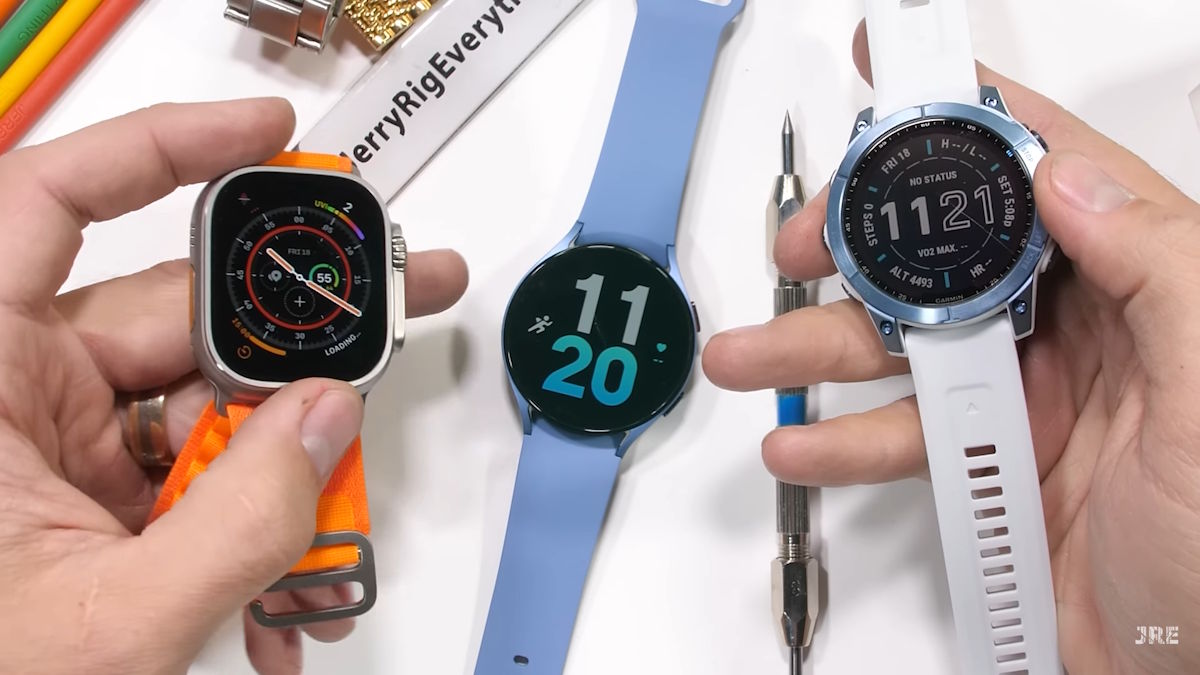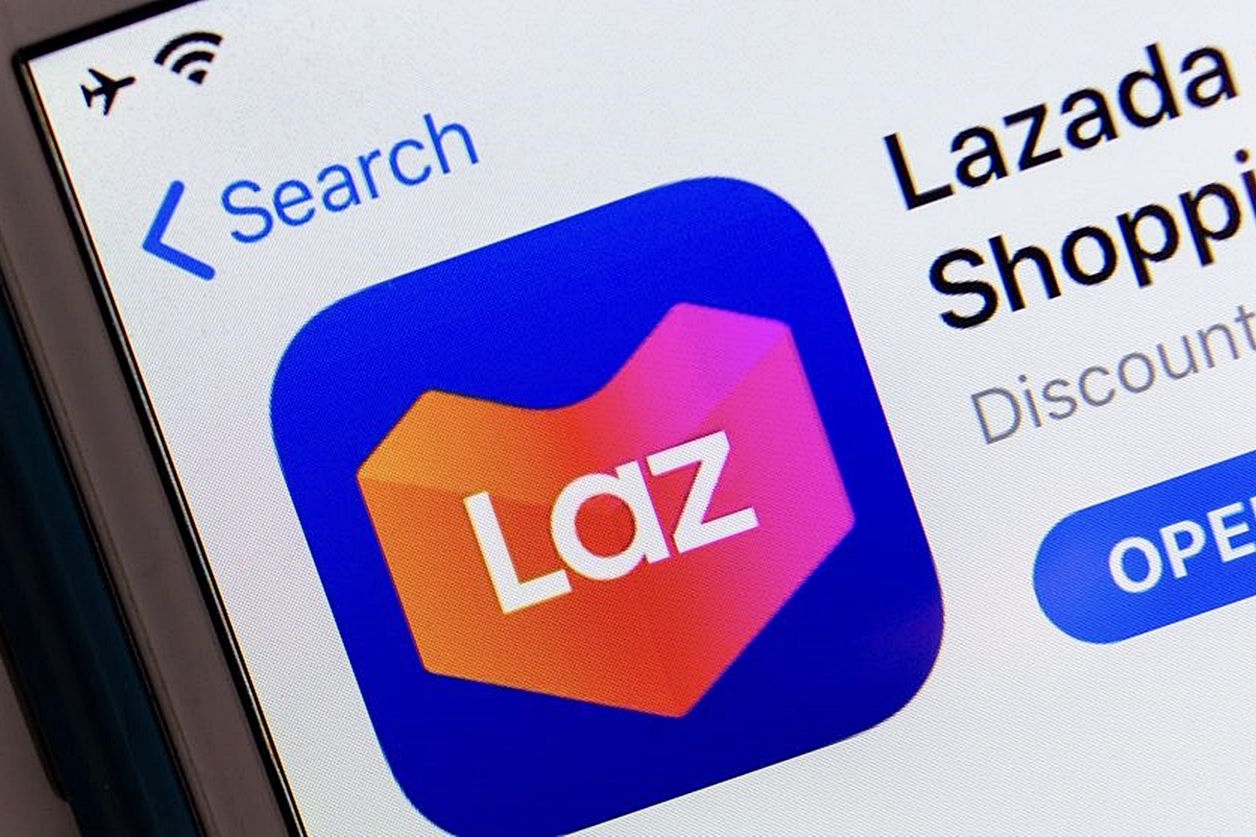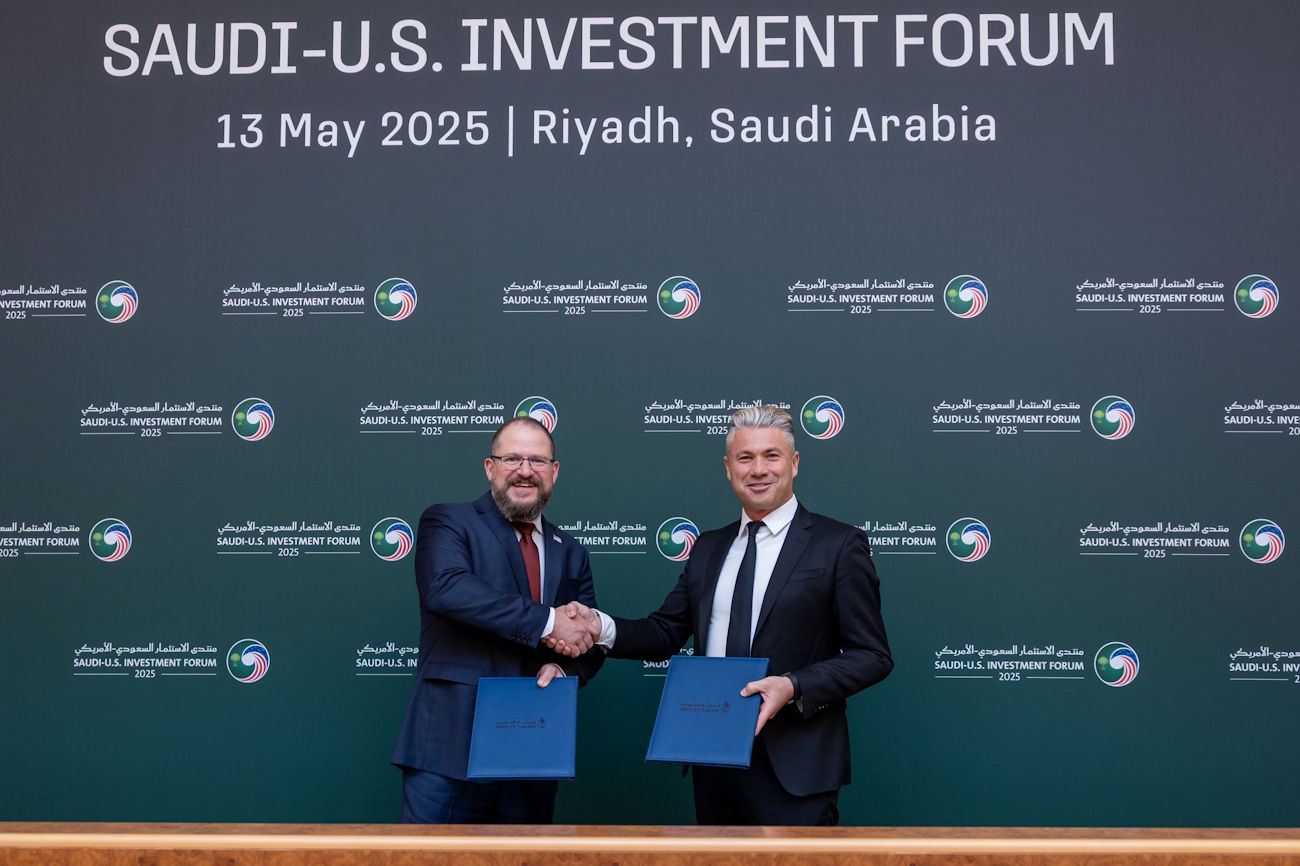
Amid global economic uncertainty and continued pressure on consumer spending, PT Telkom Indonesia (Persero) Tbk recorded consolidated revenue of IDR 36.6 trillion (~$2.22 billion) in the first quarter of 2025. Beyond the numbers, the company’s latest financials suggest that its commitment to digital infrastructure, service simplification, and portfolio diversification is beginning to deliver measurable results.
EBITDA stood at IDR 18.2 trillion (~$1.10 billion) with a margin of 49.8%, while net profit reached IDR 5.8 trillion (~$0.35 billion), yielding a net margin of 15.9%. These figures reflect that Telkom’s transformation—both operational and structural—is no longer just aspirational. It’s becoming foundational to long-term sustainability.
“We’re beginning to see the early fruits of our long-term transformation strategy—especially in our efforts to strengthen digital infrastructure and deliver integrated services to consumers and enterprises,” said Ririek Adriansyah, President Director of Telkom Indonesia. “Our focus now is on building a scalable and sustainable foundation that supports national digital sovereignty while remaining competitive in the global market.”
Telkom Indonesia: Consumer Segment Remains a Growth Driver—Now More Digital

Telkom’s Consumer segment, comprising Telkomsel and IndiHome, continues to dominate with IDR 27.2 trillion (~$1.65 billion) in revenue. Notably, digital services now account for 90.3% of total revenue in this segment—an unmistakable sign of Indonesia’s ongoing shift from traditional voice and SMS to data and app-based services.
IndiHome’s B2C customer base grew 10.4% year-on-year, reaching 9.8 million subscribers. This is largely attributed to Telkom’s Fixed Mobile Convergence (FMC) strategy, which integrates broadband and cellular services for a seamless user experience—a key pillar of the group’s long-term vision.
Infrastructure Gets the Spotlight: Mitratel and TIF Show Strategic Depth
Mitratel, Telkom’s tower subsidiary, booked IDR 2.3 trillion (~$0.14 billion) in revenue with an impressive EBITDA margin of 83%, one of the highest in the domestic digital infrastructure space. With over 39,000 towers and 60,000+ tenants, Mitratel also expanded its fiber optic footprint to more than 53,000 km—an important foundation for Indonesia’s edge computing and 5G future.
Meanwhile, Telkom Infrastructure Indonesia (TIF)—a new entity under the company’s Five Bold Moves initiative—is making steady progress toward full operational launch. TIF now manages Telkom’s core fiber network and is eyeing external revenue from wholesale clients. Its focus on SLA enhancement and operational simplification positions it to become a competitive force in the regional infrastructure market.
Enterprise and International Segments Hold Steady
Enterprise revenue grew 2.9% YoY to IDR 5.0 trillion (~$0.30 billion), supported by Indibiz, satellite services, and digital payment solutions. The Wholesale and International segment recorded slight growth of 0.6%, reaching IDR 4.8 trillion (~$0.29 billion). These modest gains suggest that diversification is still in the infrastructure development stage—especially for regional expansion.
Telkom’s Data Center and Cloud business generated IDR 446 billion (~$0.03 billion), operating 35 facilities with 38 MW of total capacity. The challenge ahead: balancing hyperscale demands with edge deployments while forging meaningful regional partnerships.
Long-Term Investment Remains a Priority
Despite economic uncertainty, Telkom allocated IDR 5 trillion (~$0.30 billion) in capital expenditure (Capex) during Q1—roughly 13.5% of revenue. More than half of that went toward expanding digital infrastructure: fiber optic cables, towers, satellite capacity, and submarine networks.
It’s a bold move that signals Telkom’s readiness to scale for the next wave of demand—whether it be AI-driven networks, IoT, or national data center requirements.
ESG Readiness and Global Reporting Standards
Outside financial performance, Telkom is making measurable progress in ESG implementation. The company completed independent verification of its greenhouse gas (GHG) emissions (Scope 1 and 2 for 2023–2024) under ISO 14064-1:2018, earning an “unmodified opinion”—meaning the data was verified without material discrepancies.
This is a key step as companies begin preparing for IFRS S2, the international climate risk reporting standard that could reshape how sustainable capital flows are assessed.
Gizmologi Business Insight: Stability is the New Growth
So, what does all this mean in the broader tech economy?
- Telkom has entered a post-transition digital phase. Initiatives like FMC, TIF, and Mitratel optimization show an organization that’s not just adapting, but maturing.
- Profitability now matters as much as growth. The market is rewarding companies that can scale efficiently and deliver long-term value—not just burn capital.
- There is still untapped potential in wholesale and infrastructure B2B. As competitors consolidate or struggle with capital efficiency, Telkom may have room to lead—not only domestically but across Southeast Asia.
Conclusion
Telkom’s Q1 2025 performance underscores a shift from volume to value. With a broader network, more loyal customers, and a cleaner product portfolio, the company is better positioned than ever to shape the future of Indonesia’s digital economy.
The challenge now? Sustain momentum, outpace regional rivals, and meet global standards—all while staying profitable.











